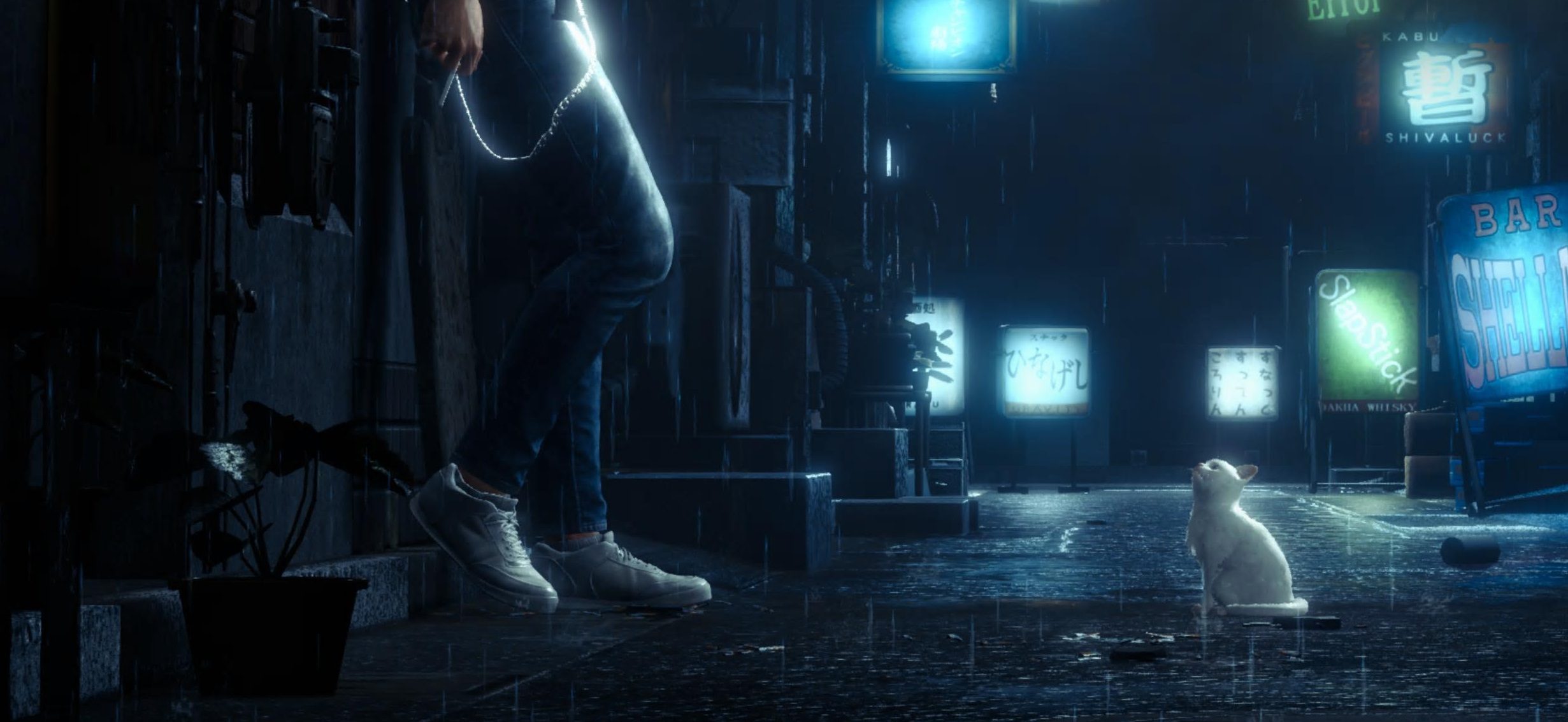I’m glad Yagami is back
Judgment is an interesting (now) series. You hear about Ryu Ga Gotoku Studio’s Yakuza all the time, but the spinoffs rarely garner the same amount of respect. There’s a lot of reasons for that, newness for one, but I loved seeing a different kind of open-world project from this team, and was intrigued to the point where I wanted more. I got it with Lost Judgment.
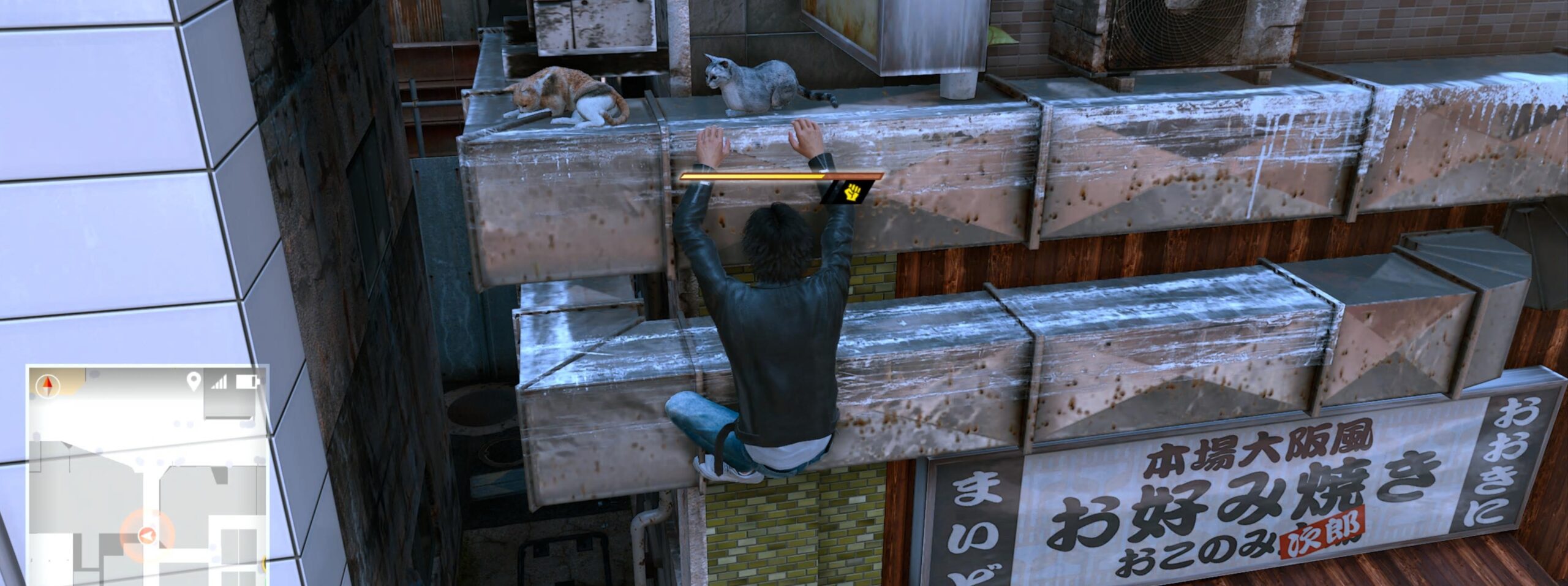
Lost Judgment (PS4, PS5 [reviewed], Xbox One, Xbox Series X/S)
Developer: Ryu Ga Gotoku Studio
Publisher: Sega
Released: September 24, 2021
MSRP: $59.99
To be frank, I kinda needed more Judgment in my life.
The void of a mainline Yakuza game that’s not Like a Dragon (it was fine, but I need my action fix) has been a huge contributing factor, but Judgment itself has created this nice little lore niche for itself that I have to see more of. Similar to the Phoenix Wright series, Ryu Ga Gotoku could go full Perfect Strangers–Family Matters or Happy Days-verse on this, doing spinoffs of spinoffs until they get around to more Yakuza.
I’m so glad to be back in this world again with detective Takayuki Yagami. No, it’s still not perfect. Some investigations are a drag just like the first (we’ll get into that). But those are often followed up by some unique and thrilling moments, and the characters vibe just right; you remember who made this game and why they have the reputation they do.
The greater narrative of Lost Judgment (which you can experience with dual audio) deals with a Yokohama building fire linked to a man accused of sexual harassment — and leads to a greater mystery. All the while, Yagami and his crew (mostly ex-Yakuza member Masaharu Kaito, returning from the first game) investigate tangential crimes and other small-time cases. This is key.
It’s interesting how Lost Judgment is constantly shifting from the micro to the macro picture. One minute you’re following someone’s boyfriend on a hunch, and the next you’re embroiled in a bigger conspiracy. Then minutes later you’re having a drink or talking about Peking duck to loosen up clientele. The sequel aims to open up Yagami more — beyond the very broody persona that dominated much of the first title — and for the most part, I think it succeeds.
To reach that end, you’re basically going to be doing the same things as the prior Judgment, just punched up a bit mechanically, and with better pacing. Sneaking/stealth sequences, tailing people, taking photos as evidence, and of course, fighting are at the forefront, amid countless sidequests and silly activities like skateboarding.
The main upgrade compared to the first game is that stealth and trailing are more relaxed this time around. While they could often be a pain originally, they come up less often, and you have a little more to do during them (like taking photos at key times with parameters).
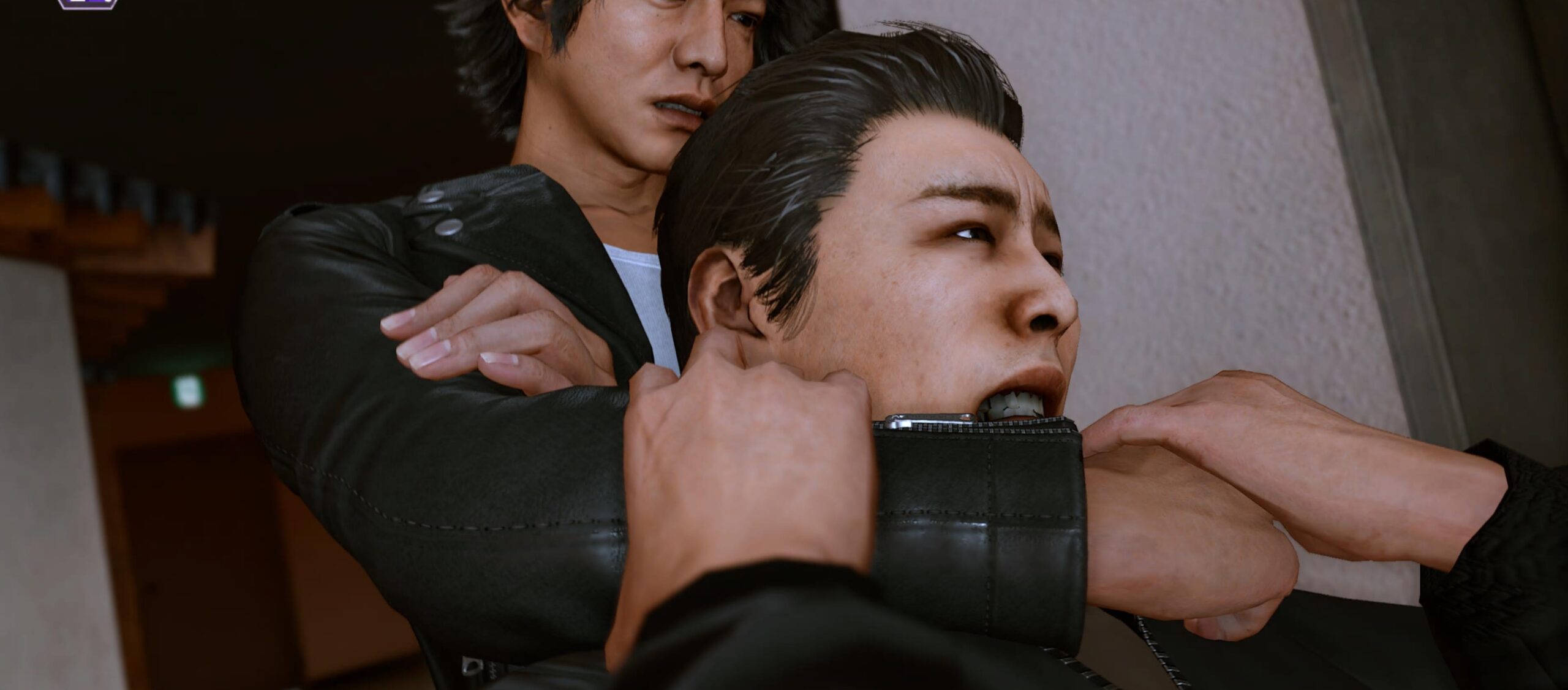
The missions themselves are give and take, with a few of the more intriguing/silly scenarios coming about from sidequests (which are mostly stacked at the school, a huge focus in this entry). There’s a few gamey elements (like disguises and “choices” during missions), but then Lost Judgment hits you with a curveball. One minute you’re setting up surveillance cameras, the next you’re espousing knowledge on the psychology of penguins.
There’s still a huge emphasis on combat, which is mostly straightforward and fun, drawing upon the system of the first game: which placed an emphasis on simplicity and style. You’ll swap to the crane stance for crowds, tiger for one-on-one, and snake for anti-weapon tech. On higher difficulty settings, you do need to pay attention to some of the nuances of those stances, and the juice is worth the squeeze.
Even before pumping any amount of XP into abilities or stats, the core combat of Lost Judgment is focused on arcade action. The stances are incredibly flashy, as the coloring of each not only looks cool, but very clearly tells you at a glance what style you’re using. The entire adherence to this gimmick also ensures that there’s a good amount of variety too, with one-on-one bouts, group fights, and backlot brawls with items.
The EX system and contextual abilities — like slamming people into walls or stomping on them while they’re down — are cinematic as hell and provide just the right amount of silliness without going too over the top. While Judgment as a whole might look too serious for its own good, the more you peel back, the more comfortable it gets.
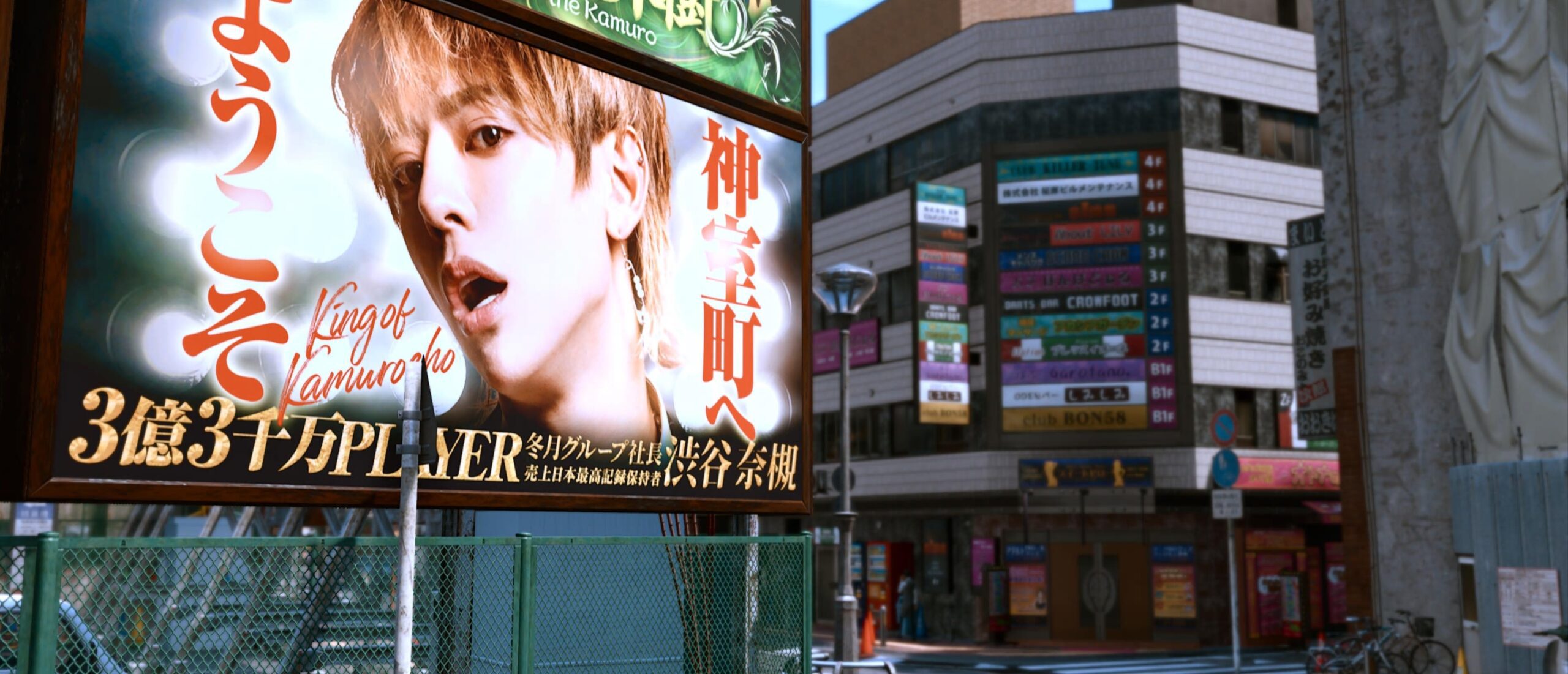
One of the big reasons Lost Judgment truly sings (just like its predecessor) is the open world. It’s cliché to say, but the landscapes really are a few of the primary characters of Lost Judgment. Kamurocho (the development team favorite rendition of Kabukichō) and Isezaki Ijincho (Isezakichō) are a blast to walk around in. The game looks great on PS5 (some of the animations and environments are really great) and the load times are minimal.
Ryu Ga Gotoku Studio once went outside of their Tokyo-based development house and did the work on recreating the city, with authentic knick-knacks like Boss Coffee and Suntory Tea. I’ve spent hours in this game just strolling around, either on foot or on the skateboard you get several hours in. With Lost Judgment, it’s really easy to lose track of time.
Not only is it fun to get lost, but there are over 600 shop missions (essentially achievements), and school storylines (which I won’t spoil because a few of them are really fun). Plus there’s activities like batting cages, UFO catchers (you can display your rewards at home), and darts to screw around with. And of course, there’s video games: Motor Raid (one of my personal favorites), Super Hang-On, Fantasy Zone, Space Harrier, and Hama of the Dead are the headliners.
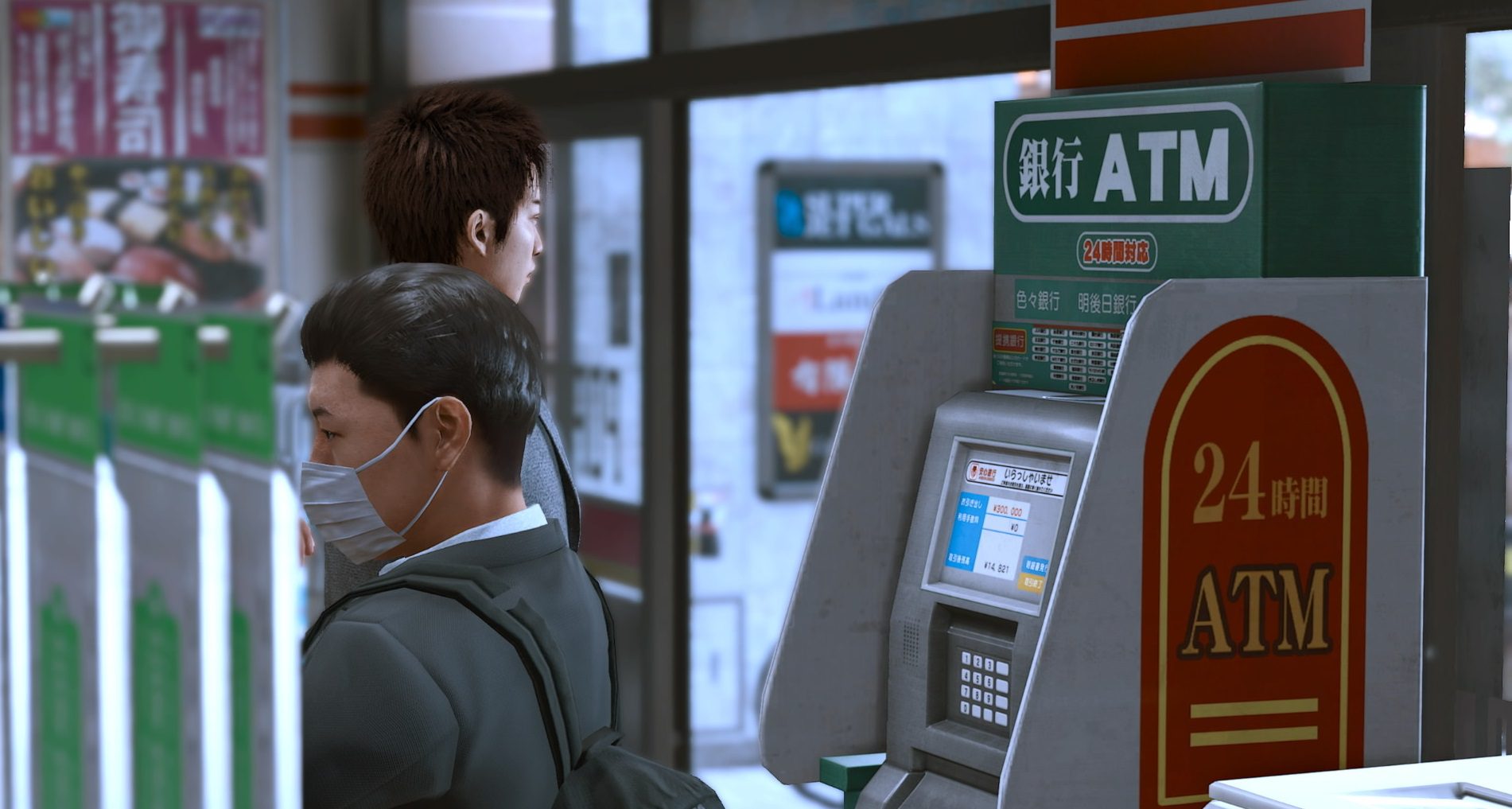
Oh and that’s not counting Virtua Fighter 5 Final Showdown, Fighting Vipers, and Sonic the Fighters, which are playable from the very start on the main menu with two players. The spirit of Shenmue lives on in series like Yakuza and Judgment.
Judgment may have been an acquired taste in many ways, but the sequel makes some of the bitterness go down easier. Given that you can basically dive in here and feel sufficiently caught up with a new case as the focus, it’s for the best. I really hope we haven’t seen the last of this subseries, because the creators seem to really care about it.
[This review is based on a retail build of the game provided by the publisher.]
